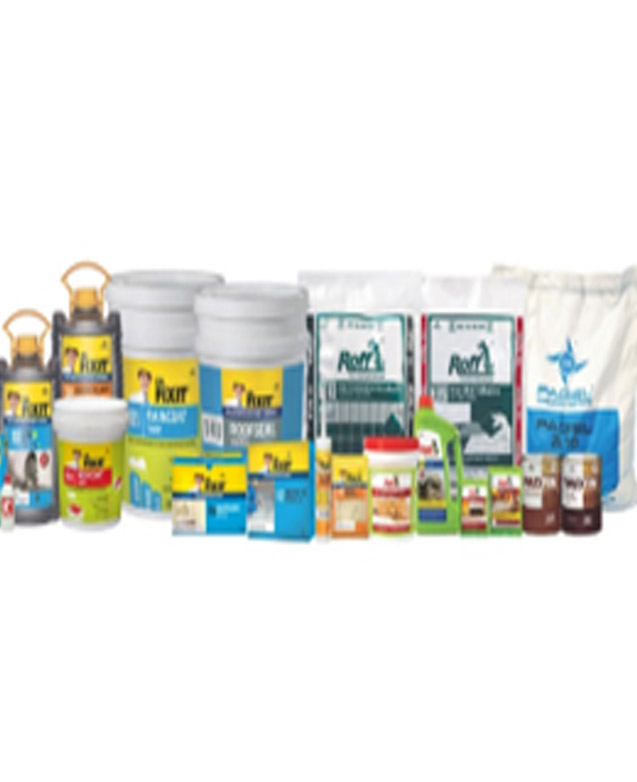
Construction Chemicals
Construction chemicals are specialized chemical formulations used in the construction industry to enhance the performance, durability, and sustainability of building materials and structures. They play a vital role in various stages of construction, including concrete production, surface treatment, waterproofing, and repair work.
Key Categories of Construction Chemicals:
1. Admixtures:
Water-Reducing Admixtures:Reduce the amount of water needed in concrete mixtures while maintaining workability, leading to stronger concrete.Retarding Admixtures: Delay the setting time of concrete, which is useful in hot weather conditions.
Accelerating Admixtures:Speed up the setting and curing of concrete, allowing for quicker construction.
Air-Entraining Agents:Introduce microscopic air bubbles in concrete, improving freeze-thaw resistance and workability.
2. Cement Additives:
Fly Ash:A byproduct of coal combustion that can enhance the strength and durability of concrete.Slag Cement: Ground granulated blast-furnace slag that improves concrete's resistance to sulfate attacks and enhances long-term strength.
Silica Fume:A byproduct of silicon production, silica fume is used to improve the mechanical properties of concrete.
3. Surface Treatments:
Sealants:Used to protect surfaces from water penetration and chemical attacks, enhancing durability and longevity.Coatings: Protective coatings are applied to surfaces for aesthetics and additional protection against wear, chemicals, and moisture.
4. Waterproofing Agents:
Liquid Membranes:Applied to surfaces to create a waterproof barrier, commonly used in basements, roofs, and terraces.Cementitious Waterproofing: A mixture of cement, sand, and waterproofing compounds, providing a rigid waterproof barrier.
5. Repair and Rehabilitation Products:
Repair Mortars:Used for filling cracks and repairing damaged concrete structures.Grouts: Cement-based or epoxy-based materials used to fill gaps and voids in masonry, concrete, or stone structures.
Anchoring and Bonding Agents: Chemicals used to improve the adhesion of materials in repair applications.
6. Specialty Chemicals:
Concrete Densifiers:Products that enhance the hardness and wear resistance of concrete surfaces.Superplasticizers: High-range water-reducing admixtures that allow for significant reductions in water content while maintaining workability.
Corrosion Inhibitors: Chemicals that protect reinforcing steel in concrete from corrosion.
Benefits of Construction Chemicals:
1. Improved Performance: Construction chemicals enhance the properties of building materials, leading to stronger, more durable structures. 2. Cost Efficiency: The use of chemicals can reduce material costs and construction time by improving workability and reducing the need for repairs.3. Sustainability: Many construction chemicals contribute to sustainable building practices, such as using recycled materials (e.g., fly ash) and reducing water consumption.
4. Protection: Chemicals can protect structures from environmental degradation, including water damage, chemical exposure, and physical wear.
Applications:
1. Residential Construction:Used in foundations, walls, and flooring to enhance durability and aesthetics.2. Commercial Construction: Applied in high-rise buildings, parking structures, and shopping centers to ensure structural integrity and longevity.
3. Infrastructure: Essential for bridges, roads, tunnels, and dams, where durability and resistance to harsh conditions are critical.
4. Industrial Facilities: Used in manufacturing plants, warehouses, and storage facilities to protect against chemical spills and wear.